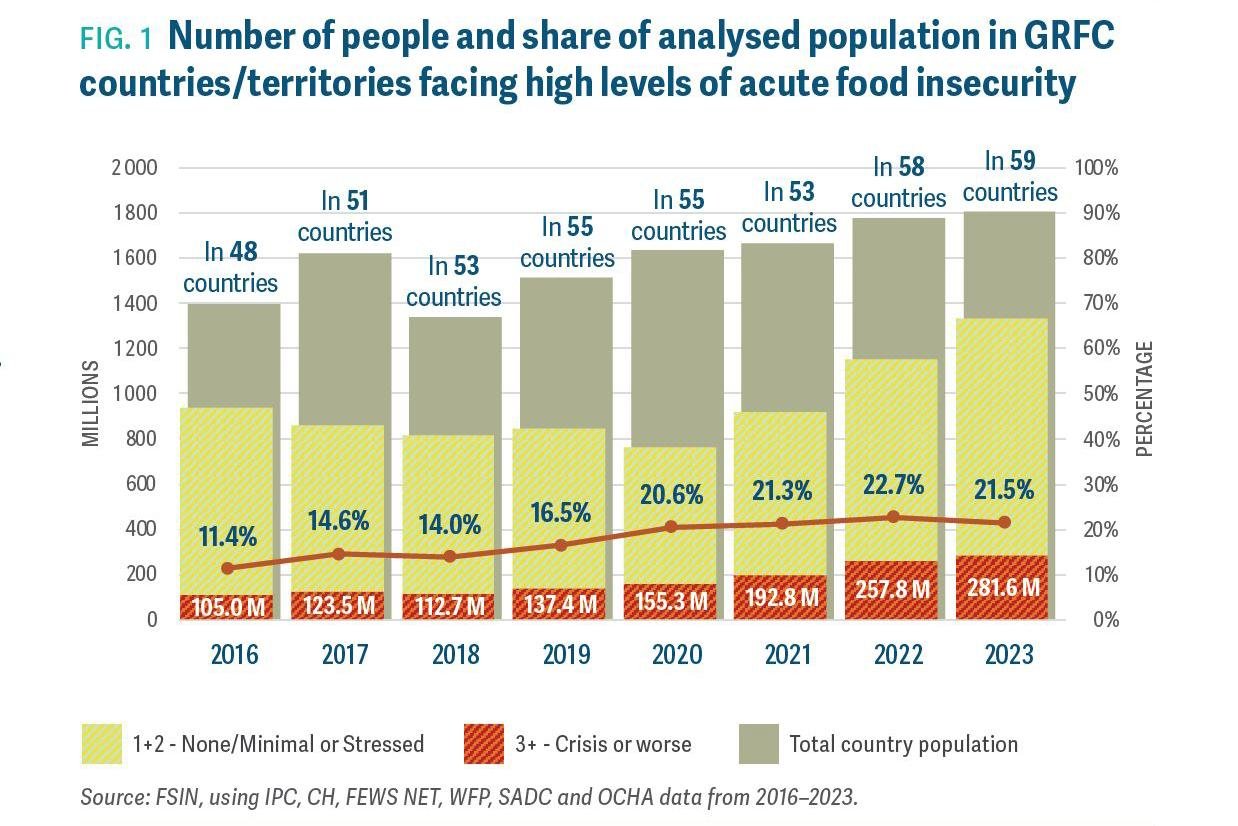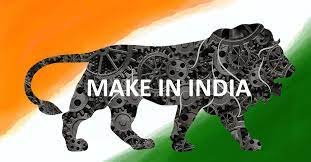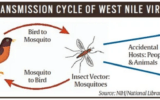
CAR-T Cell Therapy
Subscribers of "Current Affairs" course can Download Daily Current Affairs in PDF/DOC
Subscribe to Never Miss an Important Update! Assured Discounts on New Products!
Must Join PMF IAS Telegram Channel & PMF IAS History Telegram Channel
- Context (PIB): India’s President launched the country’s first home-grown gene therapy for cancer at IIT Bombay.
- This therapy, called CAR-T cell therapy, is not only accessible and affordable but also a shining example of India’s Make in India initiative.
- Developed through a collaboration between IIT Bombay, Tata Memorial Hospital, and industry partner ImmunoACT.
Chimeric Antigen Receptor (CAR)-T Cell Therapy

Source: National Cancer Institute
- Unlike chemotherapy or immunotherapy which uses injectable or oral medication, CAR T-cell therapies use a patient’s own cells.
- In CAR T-cell therapy, the patient’s blood is drawn to harvest T-cells (immune cells that play a significant role in destroying tumour cells).
- T cells are genetically engineered by introducing DNA into them to produce chimeric antigen receptors (CARs) on the surface of the T cells. After reengineering, T cells are called “CAR T cells”.
- CAR T cells are then multiplied and infused into the patient.
|
T cells
Source: ScienceFacts.net |
Significance of CAR-T Cell Therapy
- More Effective: CAR T cells are more specific and directly activate the patient’s immune system against cancer. This is why they’re called ‘living drugs’.
- Long-Term Remission: It can produce long-term remission, even for those with advanced or relapsed cancer. This is because CAR T cells remain in the body and can continue to attack cancer cells.
- Lesser Side-Effects: CAR-T cells are engineered to target cancer cells that express a particular antigen specifically. This precision minimises damage to healthy cells.
- Customised Treatment: CAR-T cell therapy can be customised for each patient.
- Treatment for Previously Incurable Cases: CAR-T cell therapy has provided hope for cancer patients previously considered incurable.
Concerns With CAR-T Cell Therapy
- Cytokine release syndrome (CRS): CRS is an inflammatory response that can occur after CAR T cell therapy. In severe cases, CRS can lead to organ failure and death.
- Neurotoxicity: It is a range of side effects that can affect the nervous system. These side effects can range from mild (such as headache and confusion) to severe (such as seizures and coma).
- Low blood cell counts: It can lead to a decrease in blood cell counts, including red blood cells, white blood cells, and platelets
- Infection Risk: It may weaken the immune system, making the patients more susceptible to infections.
- Attack healthy tissues: CAR-T cells may mistakenly attack healthy tissues and cancer cells.





![PMF IAS Environment for UPSC 2022-23 [paperback] PMF IAS [Nov 30, 2021]…](https://pmfias.b-cdn.net/wp-content/uploads/2024/04/pmfiasenvironmentforupsc2022-23paperbackpmfiasnov302021.jpg)












